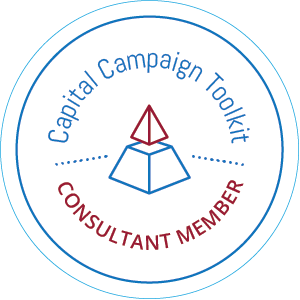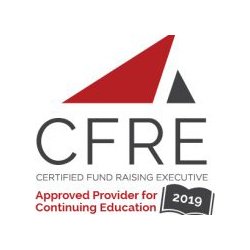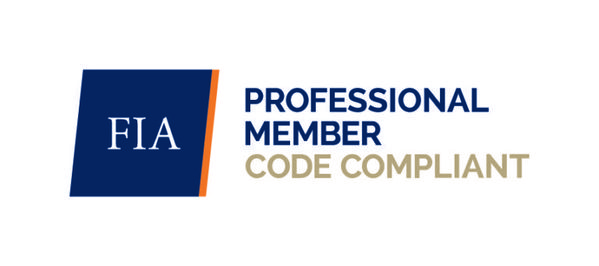 How many well-meaning non-profits skip the process of writing their case for support?
How many well-meaning non-profits skip the process of writing their case for support?
My guess would be that many of them do.
In doing so, they are by-passing one of the most critical foundational pieces of fund development.
The case for support is the essential core of all of your development communication pieces and frames your message.
It outlines who you are and what it is that you do for your community. And, most importantly, it talks about why you’re different and what makes you so unique and how you make the world a better place. The case is the overarching piece which can be further broken out into case statements.
Individual case statements are developed for various programs and constituencies.
Case statements have a particular focus. In most cases those focus areas might be for unrestricted operating support, restricted gifts for operations (program services, segment, component, element), or restricted gifts for special needs (capital, endowment, or otherwise).
And case expressions are the vehicles by which your case gets put to work. It is the public face of your case for support. It is the messaging that you will use in all of your brochures, grant proposals, direct mail appeal letters, annual fund campaign collateral, and in grant proposals.
Case development is the first step in the fundraising process. Fundraising is anchored by the case and it supports and shapes all else that you do in fund development. Starting without a case is literally short-circuiting the fund raising cycle. Cases for support can be crafted in – house by a team led by the development professional or it can be outsourced to a competent consultant who lends an objective perspective.
This is a living and dynamic document and don’t fret if you find that your case statement is constantly being reviewed and never seems to get out of the draft format.
For this reason, all the best fundraisers know that it is critical to “test” this case with a multitude of perspectives that represent the organization. Then and only then will you feel comfortable that your case for support is an accurate representation of who you are and what you do.
Inevitably the lack of a strong case will mean fewer dollars from donors and less to support those who need it the most.
Start strong in your fundraising effort, state and make your case, and all your messages will resonate with a consistent and clear message that calls a donor to act.








